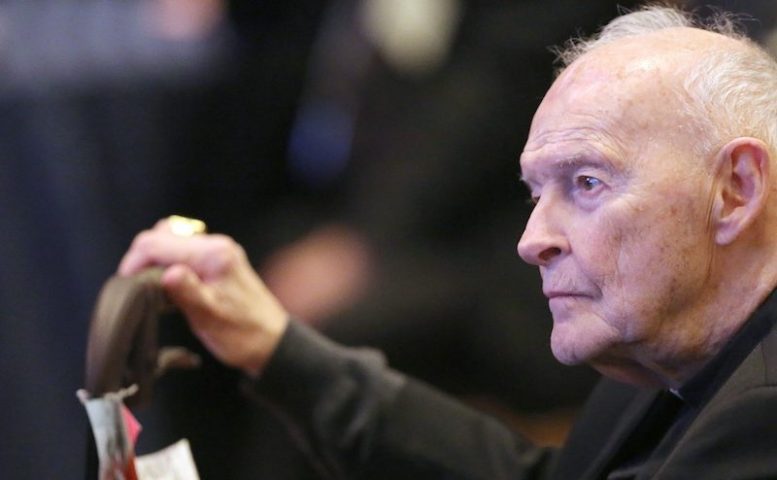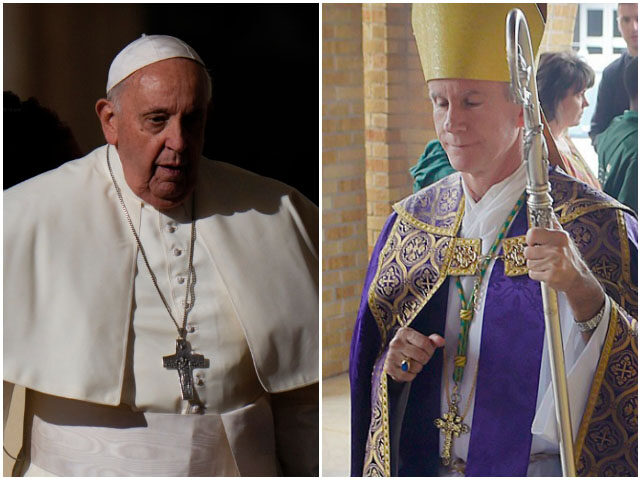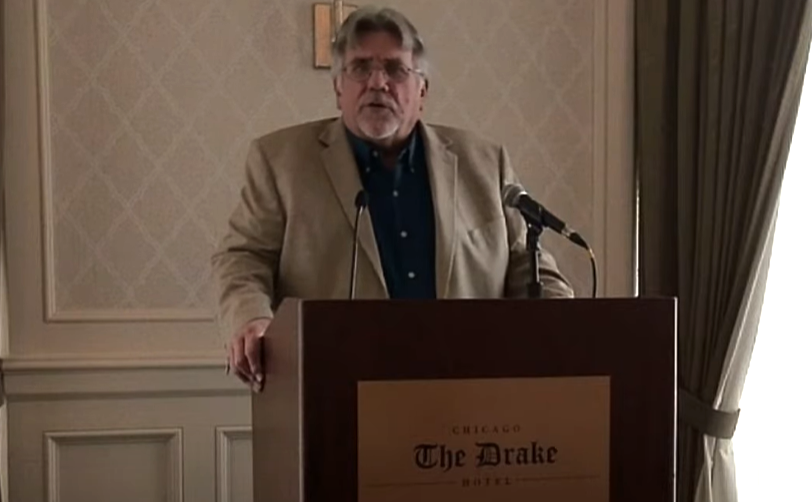The cardinal allegedly exploited the ambitions of seminarians in order to prey on them
By Fr. Alexander Lucie-Smith, Catholic Herald, Wednesday, 18 Jul 2018
 The New York Times has a long well-researched article on the story of Cardinal McCarrick which needs to be read in full and which tells a story that needs to be heard.
The New York Times has a long well-researched article on the story of Cardinal McCarrick which needs to be read in full and which tells a story that needs to be heard.
Two things immediately command attention. The article draws attention to a structural fault in the Church, as well as a cultural fault.
The first is this:
In the corporate world, there are ways to report misconduct,” Mr. Ciolek, 57,
said at his home in New Jersey. “You have an H.R. contact, you have a legal department, or you have anonymous reporting, you have systems. Does the Catholic Church have that? How is a priest supposed to report abuse or wrong activity by his bishop? What is their stated vehicle for anyone to do that? I don’t think it exists.Mr Ciolek is undoubtedly right. There is no effective way of reporting a bad bishop, apart from writing to the Papal Nuncio, or making an application to Rome; both were tried in the McCarrick case, and both failed. This failure needs to be addressed. There has to be some sort of robust and effective way of making complaints about bishops. Part of the problem lies in the really simple fact that when you complain about a bishop you complain to another bishop, and the default setting in these cases seems to be that the bishops then close ranks. This has got to change. There needs to be some authority that deals with bad bishops. Some time ago we were told that the Pope was setting up a special court to do just this. But that was three years ago, and since then nothing has been done. That looks like a grave omission now.
The second thing is this:
Mr. Ciolek said that even though he just wanted to be a parish priest, Bishop McCarrick would frequently bring up how he ought to go to Rome and climb the church hierarchy.







